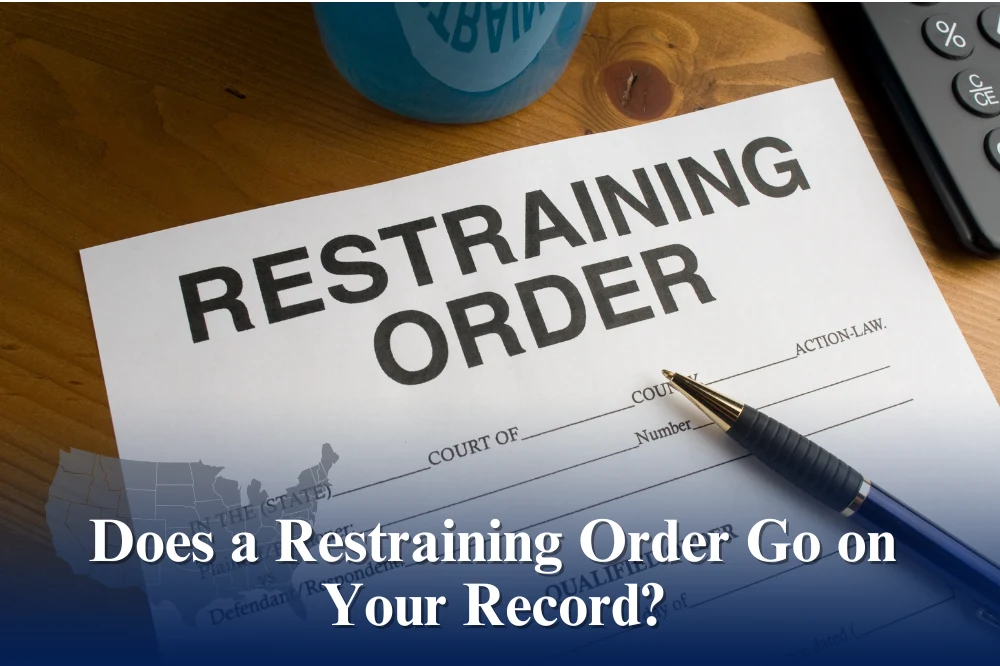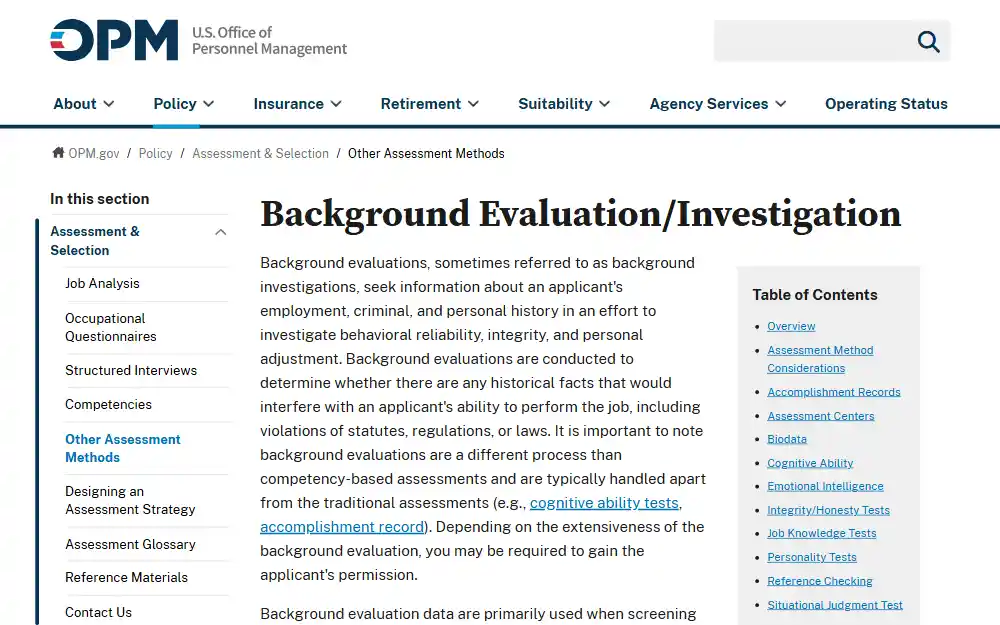
The question of if a restraining order goes on your record or not is often asked by individuals facing invasion of privacy, harassment, or threats from others.
A restraining order – sometimes referred to as ‘protective order’ – is a court-issued legal order designed to shield a person from abuse, threats, or harassment.1 The primary purpose of a restraining order is to create a safe barrier between the petitioner (the person requesting the order) and the respondent (the individual said to have engaged in harmful behavior).
This brief resource examines restraining orders, their purpose, and their ramifications.
Understanding Restraining Orders & What Can Lead To One Being Issued
Depending on the circumstances and jurisdiction, restraining orders may appear in many various forms. Among the most prevalent kinds are:
- Domestic Violence Restraining Orders – safeguard those who are abused in close or family ties.
- Civil Harassment Orders – deal with threats, stalking, or harassment from people who are not in a domestic relationship.
- Workplace Violence Restraining Orders – shield workers from violence or threats in the workplace.
- Emergency Protective Orders (EPOs) – are temporary directives provided by law enforcement in emergency situations.
A restraining order can be requested by anyone who is being threatened, harassed, or subjected to violence. Sexual assault, stalking, domestic abuse, and persistent harassment are common situations that result in their issuance. To decide whether an order is necessary, courts consider the available evidence.
How Does a Restraining Order Work?
There are usually various steps involved in getting a restraining order. The petitioner must first make a formal request outlining the order’s justifications. Text messages, emails, police reports, medical records, and witness accounts are examples of supporting documentation.
A court considers the petition after it is filed and may grant a temporary restraining order (TRO) pending the holding of a hearing.2 Both sides are given the chance to make their case at the hearing. After considering the evidence, the court determines whether it should impose a permanent order.
Courts evaluate the legitimacy of the evidence, the seriousness of the accusations, and any prior instances of similar behavior when deciding whether to issue a restraining order. Criminal prosecution, fines, or jail time may result from breaking a restraining order. Although temporary restraining orders typically expire on the date of the hearing, the court may decide to extend or make them permanent.
Does a Restraining Order Appear on Your Record?
Both one’s public and private life may be impacted by restraining orders, although their particulars vary depending on the jurisdiction and order type. Below is a synopsis of the variations and their differences.
- Criminal vs. Civil Restraining Orders: Generally speaking, criminal records do not include civil restraining orders. Public databases are more likely to contain criminal restraining orders, which are granted as part of criminal procedures.
- Database Visibility: Police databases, court documents, and background check systems may contain restraining orders. There are differences in public accessibility; sensitive material may not be available in all jurisdictions.
- Permanency Factors: Whether a restraining order is temporary or permanent affects how long it remains on your record and how visible it is. They are occasionally hidden from public view through expungement or sealing procedures.
Impact on Employment & Background Checks
Employment prospects may be impacted by restraining orders, particularly in professions that demand extensive background checks. While civil restraining orders may not be found until court records are thoroughly reviewed, employers may find restraining orders via standard background checks.

Deeper checks are often required for government and high-security posts, which raises the possibility of discovery. Jobs in childcare, education, or law enforcement can be subject to more stringent regulations. However, when discussing problems with possible employers, people can get legal advice from an attorney to ensure adequate representation and legal rights to privacy.
To gain additional insight regarding background checks, court records, and warrants of a certain state — Louisiana, for example — you can check out the tutorial on how to obtain criminal records.
Repercussions on Legal & Personal Matters
Many aspects of one’s personal and legal existence may also be impacted by restraining orders.
Immigration status may be affected by a restraining order, especially when criminal accusations are involved. It could have an impact on deportation procedures, green card applications, or visa renewals.
Restraining orders often influence child custody and visitation rights in family court matters, possibly restricting contact with children or requiring supervised visitation.
In terms of finances, if certain restraining orders show up in background checks, they may make it more difficult for you to obtain loans or rent real estate.
Can a Restraining Order Be Removed From Your Record?
Not all restraining orders are permanent. Legal procedures may be used to get rid of them in specific circumstances.
While expunging records completely erases them from legal databases, sealing limits public access to them.4 Compared to permanent restraining orders, temporary ones are easier to revoke.
If conditions change, either the petitioner or the respondent may ask for changes of termination. Filing a motion or providing evidence in court are necessary steps in contesting or appealing a restraining order. Although the timeline varies, careful planning and legal counsel are necessary for the procedure.
Was a Restraining Order Issued Against You? (Tips for Dealing With Repercussions & How To Move Forward)
It’s important to act responsibly if you’ve been the subject of a restraining order. To guarantee complete compliance, you need to carefully review the order. To understand the legal system, submit appeals, or challenge the order if it is unfair, it is essential to get legal representation.
To guard against unfounded accusations, it’s also critical to keep records of all relevant conversations and occurrences. Lastly, as breaking the order can have serious legal repercussions, it is crucial that every rule is strictly followed.
You now have all the answers you need to the question of whether or not a restraining order shows up on your record. Staying informed and getting legal advice is vital for protecting your interests, whether you’re looking for safety or addressing accusations.
References
12084. Restraining Orders. U.S. Department of Justice. (n.d.). Retrieved December 31, 2024, from <https://www.justice.gov/archives/jm/criminal-resource-manual-2084-restraining-orders>
2Temporary Restraining Order. Legal Information Institute. (n.d.). Retrieved December 31, 2024, from <https://www.law.cornell.edu/wex/temporary_restraining_order>
3Background Evaluation/Investigation. U.S. Office of Personnel Management. (n.d.). Retrieved December 31, 2024, from <https://www.opm.gov/policy-data-oversight/assessment-and-selection/other-assessment-methods/background-evaluationinvestigation/>
41869. Procedures Relating To Expungement Of Criminal Records Pursuant To 18 U.S.C. 3607. U.S. Department of Justice. (n.d.). Retrieved December 31, 2024, from <https://www.justice.gov/archives/jm/criminal-resource-manual-1869-procedures-relating-expungement-criminal-records-pursuant-18-usc>
